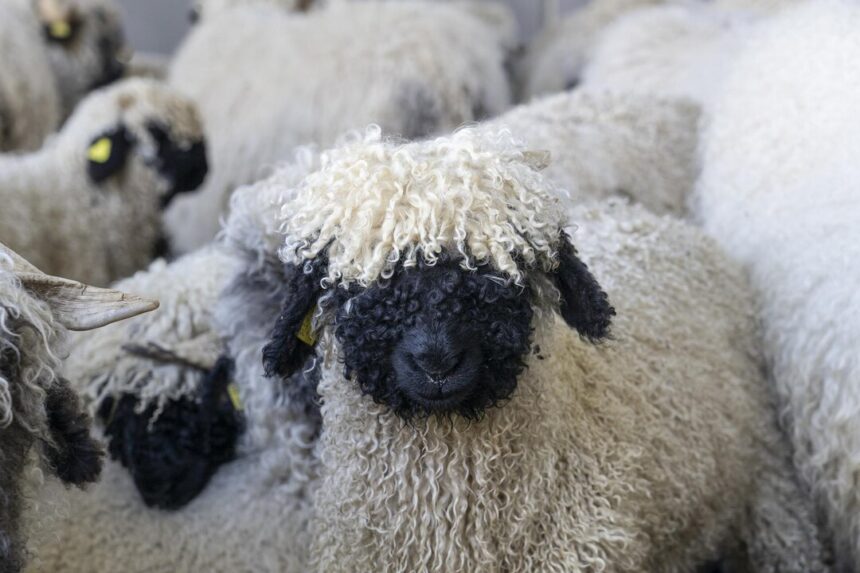Sheep farming, also known as sheep husbandry, is an ancient agricultural practice that continues to play a vital role in the global economy. Sheep are versatile animals that provide a wide range of products and services, including wool, meat, milk, and even land management services. From the lush pastures of New Zealand to the rugged landscapes of Scotland, sheep farming is practiced in diverse environments around the world, contributing to food security, rural livelihoods, and sustainable land use. In this article, we’ll explore the various aspects of sheep farming, from wool production to meat processing and beyond.
Wool Production:
One of the most well-known products of sheep farming is wool. Sheep have been bred for thousands of years to produce high-quality wool, which is used to make clothing, textiles, carpets, and other products. Wool comes in a variety of types and qualities, depending on the breed of sheep and the climate in which they are raised. Merino sheep, for example, produce fine, soft wool that is prized for its warmth and durability, while breeds like the Romney and Lincoln produce coarser wool suited for carpets and upholstery.
Meat Production:
In addition to wool, sheep are also raised for meat, known as lamb or mutton depending on the age of the animal. Lamb meat is tender and flavorful, making it a popular choice for cooking a wide range of dishes, from hearty stews to elegant roasts. Mutton, from older sheep, has a stronger flavor and is often used in traditional dishes and cuisines around the world. Sheep meat is an excellent source of protein, vitamins, and minerals, making it a nutritious addition to the diet.
Milk Production:
While not as common as wool and meat production, sheep are also raised for milk in some parts of the world. Sheep’s milk is rich and creamy, with a slightly higher fat content than cow’s milk, making it ideal for cheese and yogurt production. Sheep milk cheeses like feta, Roquefort, and pecorino are prized for their unique flavors and textures and are enjoyed by cheese enthusiasts around the world.
Land Management:
Sheep farming also plays an important role in land management and conservation. Sheep are well-suited to grazing on marginal lands that are unsuitable for arable farming, including steep hillsides, rocky terrain, and areas with poor soil quality. By grazing these areas, sheep help prevent soil erosion, control invasive plant species, and maintain biodiversity, contributing to the overall health of the ecosystem.
Sustainability:
Sheep farming can be a sustainable and environmentally friendly agricultural practice when managed responsibly. Grazing sheep help maintain grasslands and pastures, sequestering carbon dioxide from the atmosphere and promoting soil health. Additionally, sheep are often raised using traditional, extensive farming methods that minimize the use of chemical inputs and rely on natural resources like grass and sunlight.
Challenges:
Like any agricultural endeavor, sheep farming is not without its challenges. Farmers must contend with factors such as disease, predators, adverse weather conditions, and fluctuating market prices. In some regions, conflicts between sheep farming and wildlife conservation can arise, particularly in areas where sheep graze on public lands shared with native wildlife species.
Sheep farming is a multifaceted agricultural practice that provides a wide range of products and services, from wool and meat to milk and land management. With its rich history and global significance, sheep farming continues to be a cornerstone of rural economies and cultures around the world. By embracing sustainable practices and adapting to changing market demands, sheep farmers can continue to thrive and contribute to the global food system for generations to come.
Join 'Farmers Mag' WhatsApp Channel
Get the latest Farming news and tips delivered straight to your WhatsApp
CLICK HERE TO JOIN






